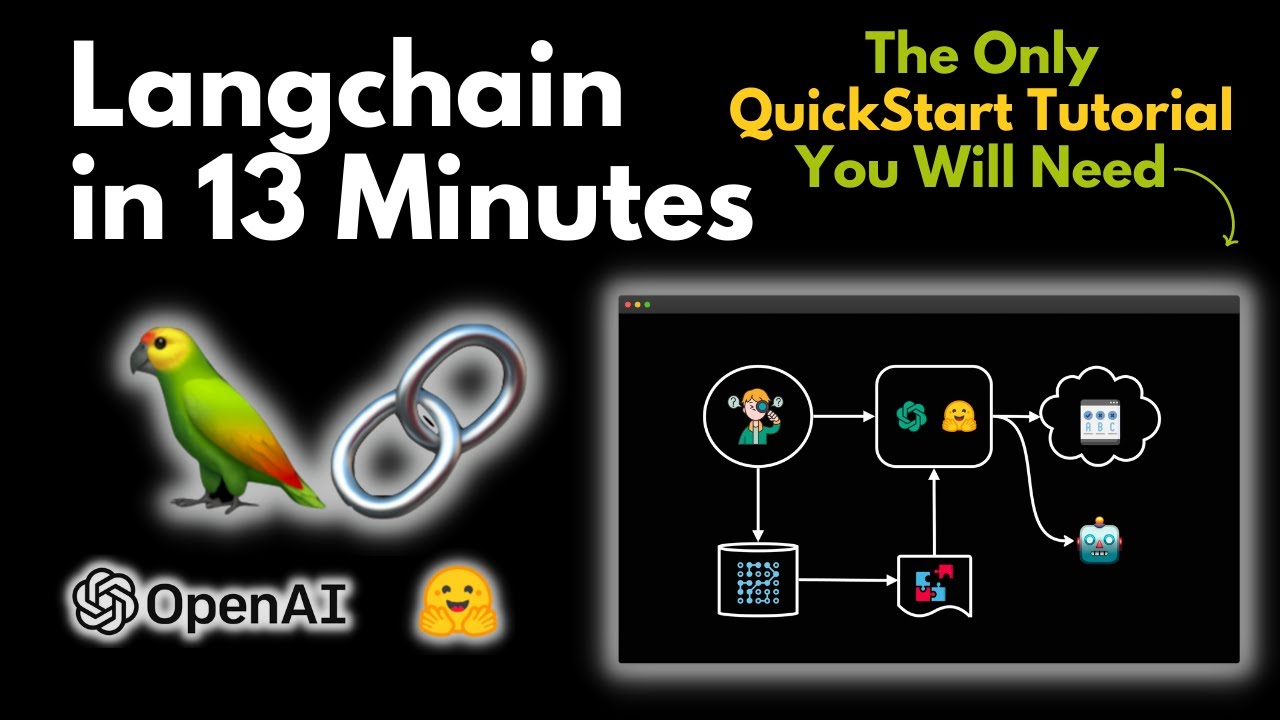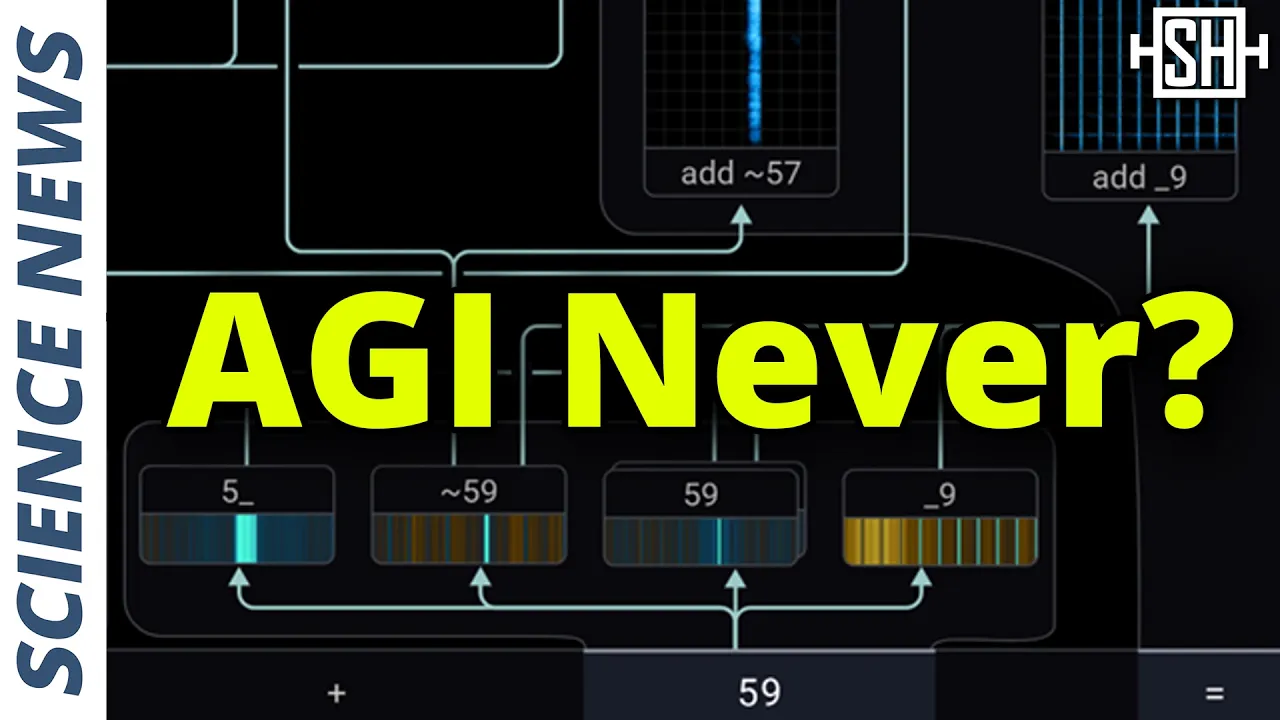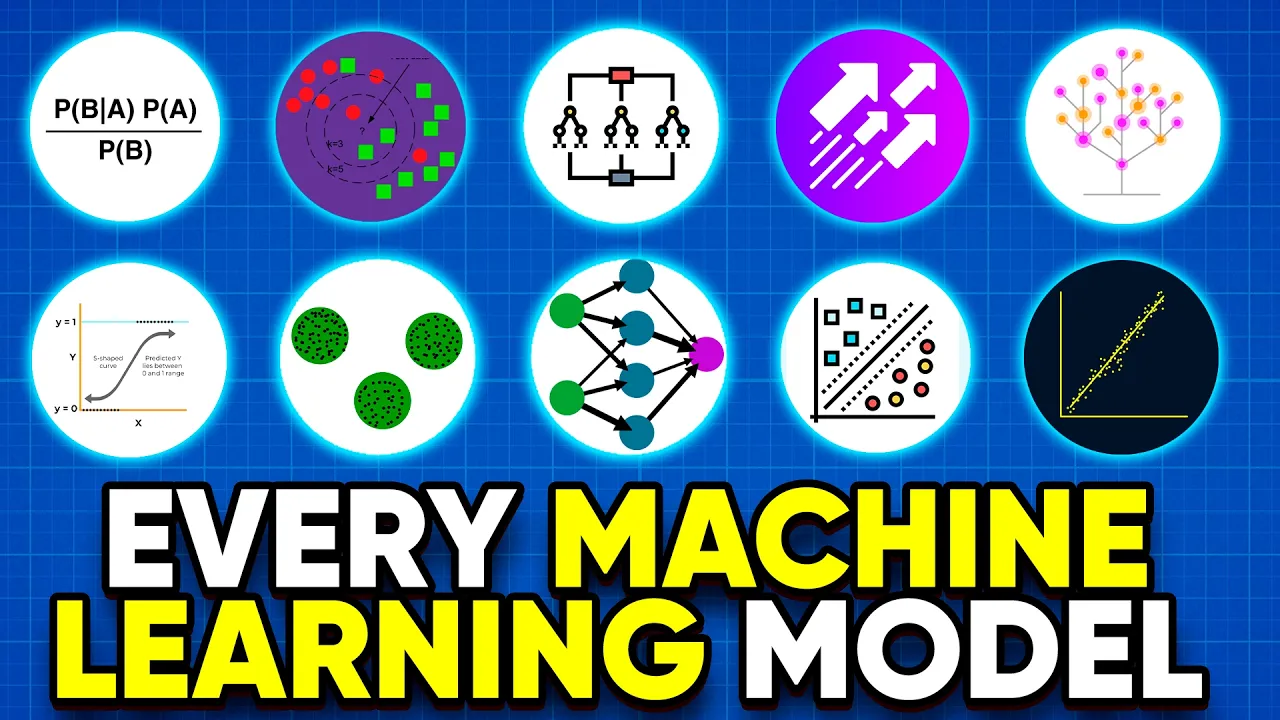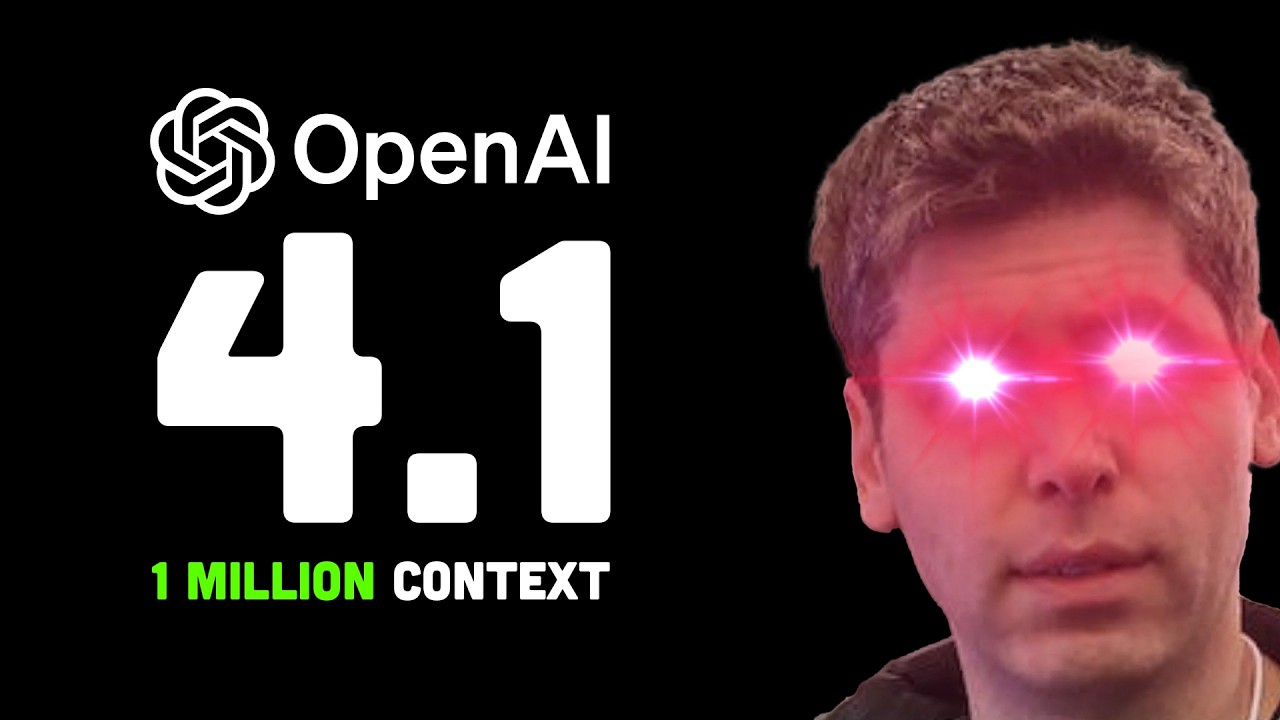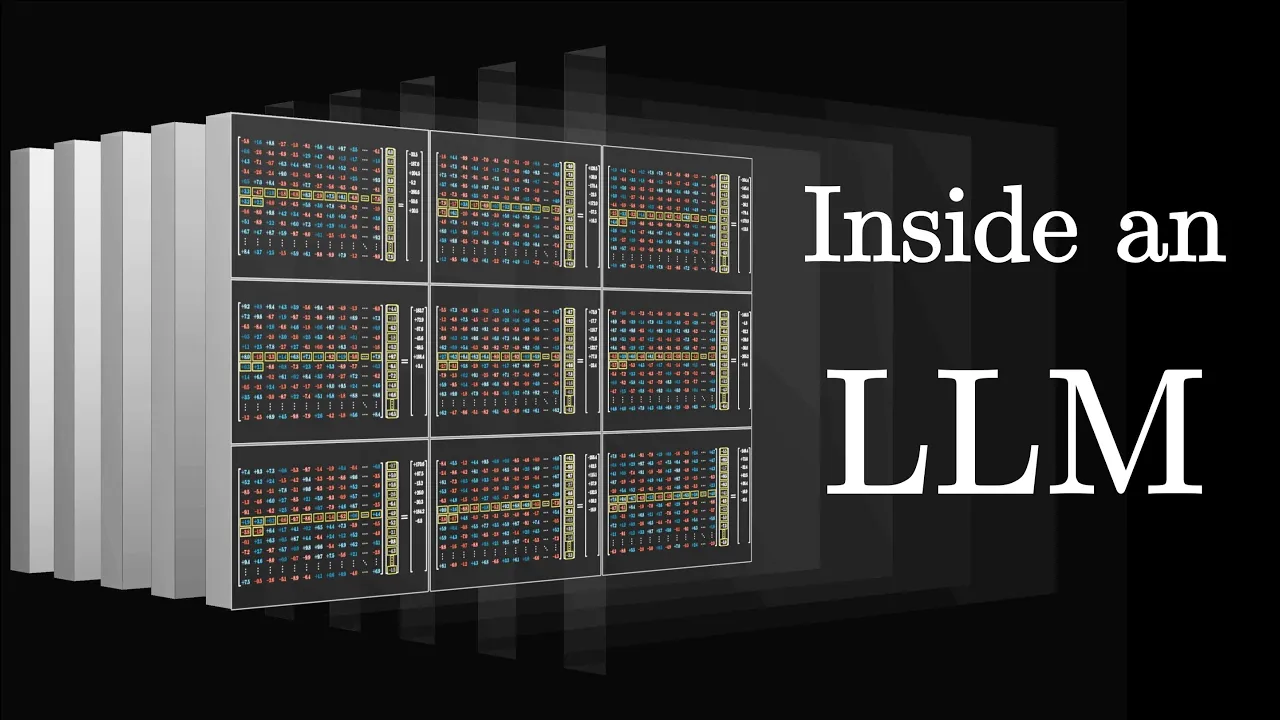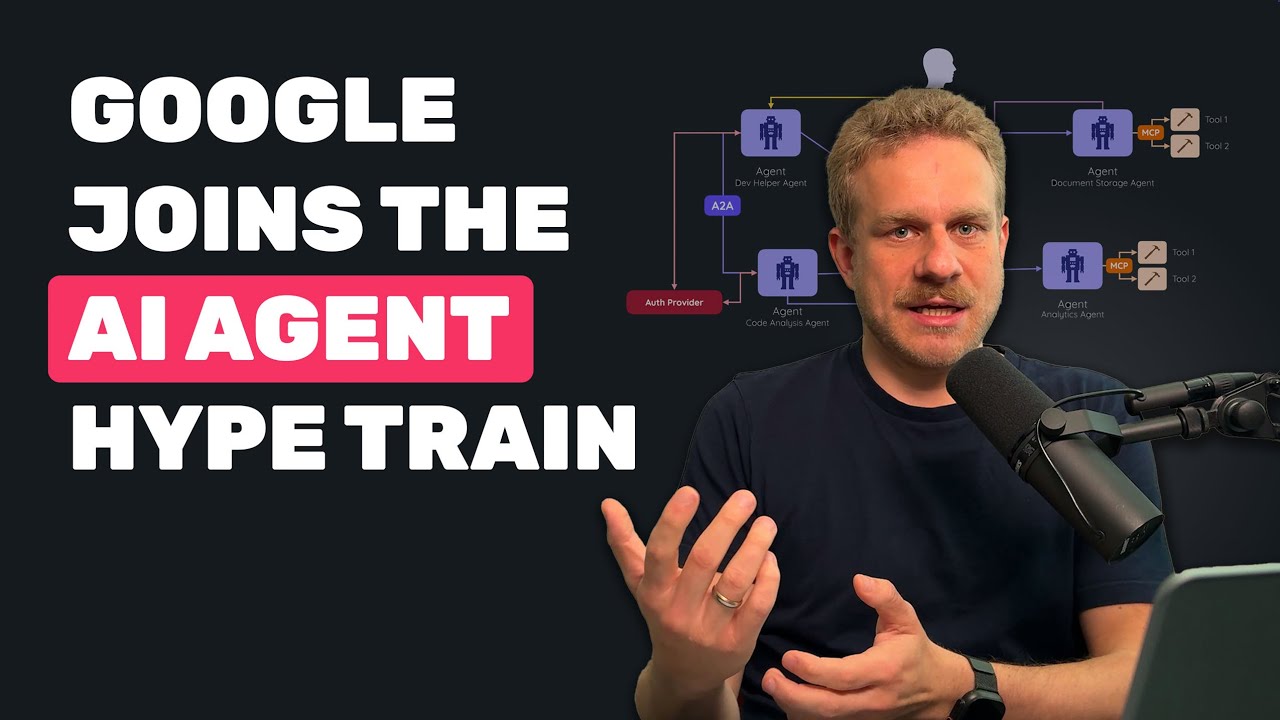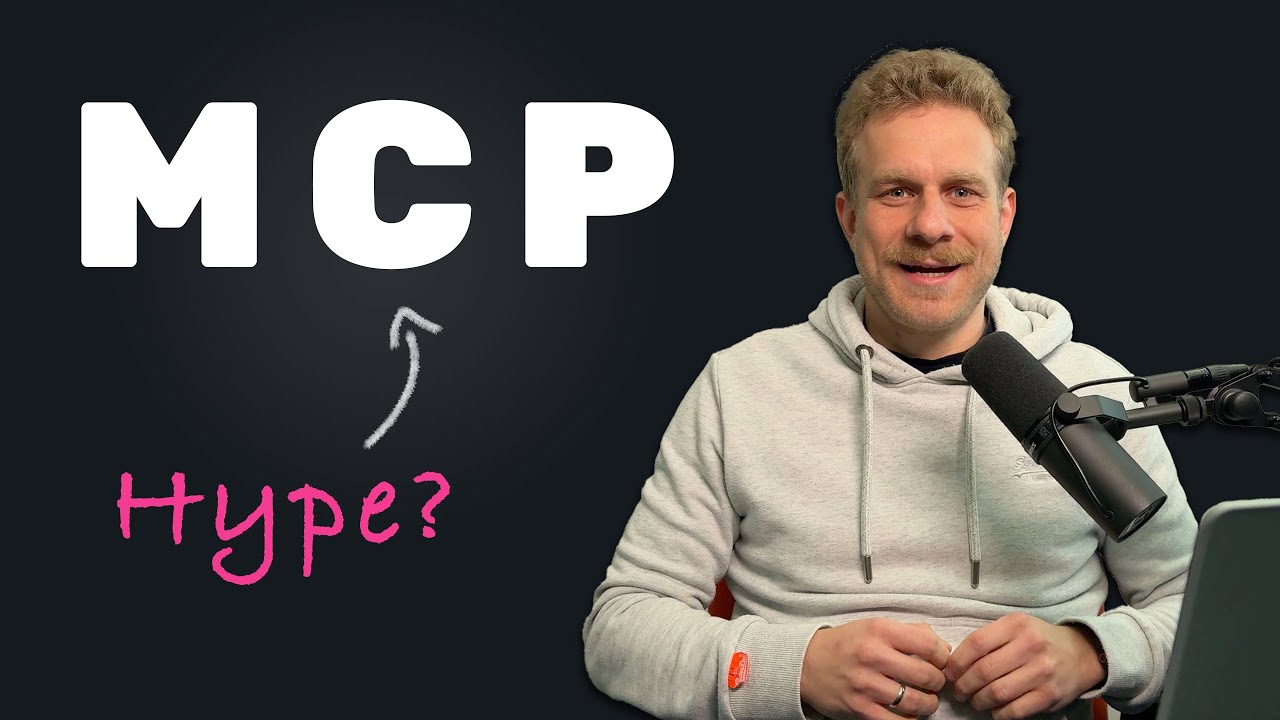Machine Learning
Best practices, tools, and frameworks for implementing machine learning algorithms in production software systems encompass the full lifecycle from data preparation to model deployment and monitoring. Effective machine learning operations (MLOps) require robust data pipelines that handle preprocessing, feature engineering, and validation while maintaining consistent transformations between training and inference environments. Model development best practices emphasize reproducibility through version control for both code and datasets, with platforms like DVC and MLflow tracking experiments, parameters, and performance metrics to enable comparison between approaches and facilitate collaboration among data scientists. Deployment strategies have evolved from simple batch predictions to sophisticated serving architectures including real-time inference APIs, with frameworks like TensorFlow Serving, ONNX Runtime, and TorchServe standardizing the process of moving models from research to production environments. Modern ML systems implement continuous integration and continuous deployment (CI/CD) pipelines specifically adapted for machine learning workflows, automatically retraining models when new data becomes available or performance degrades below defined thresholds. Operational considerations extend beyond initial deployment to ongoing monitoring for data drift, concept drift, and outlier detection, with alerting systems notifying teams when model behavior deviates from expected patterns or when prediction quality deteriorates in ways that impact business outcomes.

